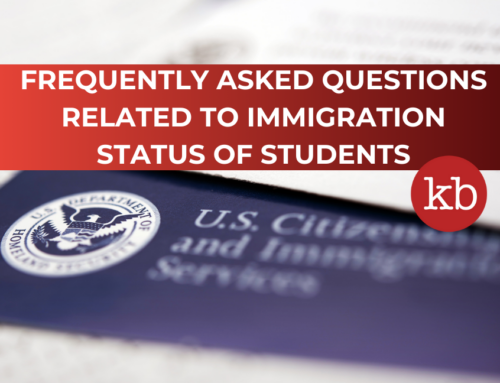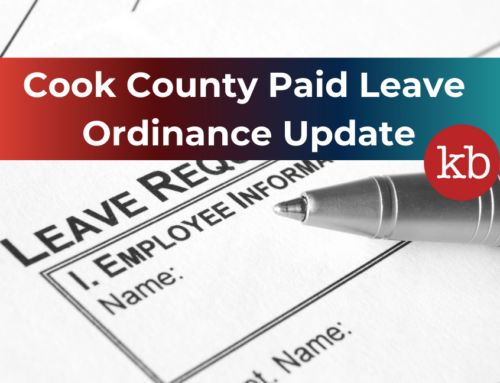Janus Background
Mark Janus holds a union position with the Illinois Department of Healthcare and Family Services, but opted not to join the union. Nonetheless, ‘fair share’ dues to the AFSCME local were automatically deducted from his paychecks. These dues, which are typically charged at or near (90%) the regular dues, act to offset the costs of union activities that all employees benefit from. Because ‘fair share’ members continue to pay at least a portion of their union dues, they are still entitled to fair representation by the union and every applicable benefit under the labor contract, including health care, pension, step increases, etc.
Abood Precedent
In 1977, the U.S. Supreme Court issued a unanimous decision in similar litigation against the Detroit Public Schools that allowed public unions to legally charge non-members ‘fair share’ dues. Abood v. Detroit Bd. of Educ., 431 U.S. 209 (1977). Importantly, the Abood Court sanctioned the collection of ‘fair share’ dues, but only on the condition that the dues not be used for any political purpose. Twenty-three states currently allow the collection of ‘fair share’ fees in this manner, including Illinois.
Forty years later, the Court’s reasoning grew more nuanced. This time around, Janus successfully argued that the collection of ‘fair share’ dues violated his free speech rights. Janus also successfully argued that the union’s activities are all inherently political.
Terminology
Media coverage may refer to ‘fair share’, ‘agency’, or ‘service’ fees – these terms all have the same meaning. There will also likely be extensive discussion and debate about the effects of the Janus decision on the public sector ‘Right to Work’ philosophy. Twenty-eight states are currently considered ‘Right to Work’ states, which prohibit compelling membership or payments to a union as a condition of employment. Illinois is considered a ‘Forced Unionism’ or ‘non-Right to Work’ state.
Source: National Right to Work Legal Defense Foundation
Next Steps
Assign a point person to field questions from staff, community members and media outlets. It is advisable to ask board members to refer all questions to the Superintendent or designee to help ensure a coordinated response.
Work collaboratively with union leadership to ensure consistent messaging and a smooth transition relating to payroll adjustments. Meet with confer with union leadership regarding possible bargaining implications.
Review collective bargaining agreements for ‘fair share’ language, payroll deduction arrangements, etc. District administrators must be readily familiar with the process by which ‘fair share’ dues are deducted.
Payroll deductions and remittance of ‘fair share’ fees to the IEA or IFT will change immediately; the Court’s decision is effective as of the date it was issued. The timing of the decision is fortuitous since ‘fair share’ and union dues are commonly deducted only during the school year. Ascertain how ‘fair share’ dues deductions are made for employees who are paid year-round.
Keep in mind that Janus does not impact union member employees because they are voluntarily paying their union dues. Provisions are made for bargaining unit members who have a religious objection to union dues and who donate to a charitable organization in lieu of the fee. Review the election forms completed by employees or payroll records to determine which category each bargaining unit member falls in.
Review any management rights, zipper, reopener, and/or severability clauses contained in the school district’s current collective bargaining agreements to determine whether any of these provisions apply. Work directly with legal counsel to take actions necessary to amend or eliminate collective bargaining provisions that are contrary to Janus.




